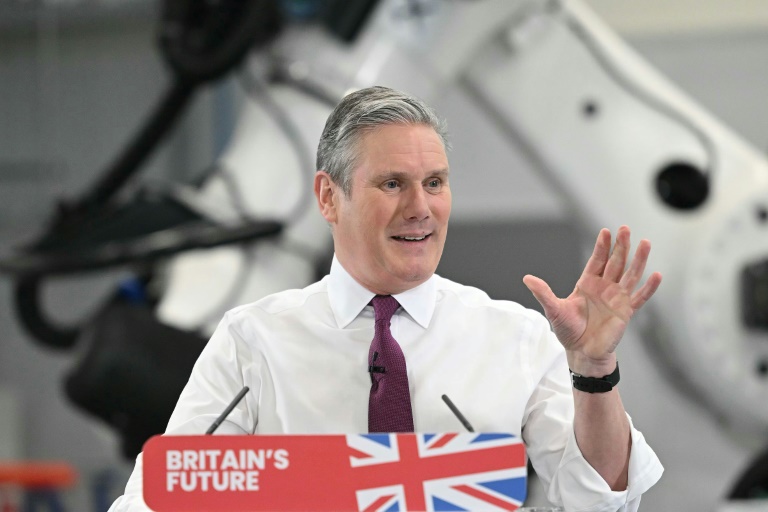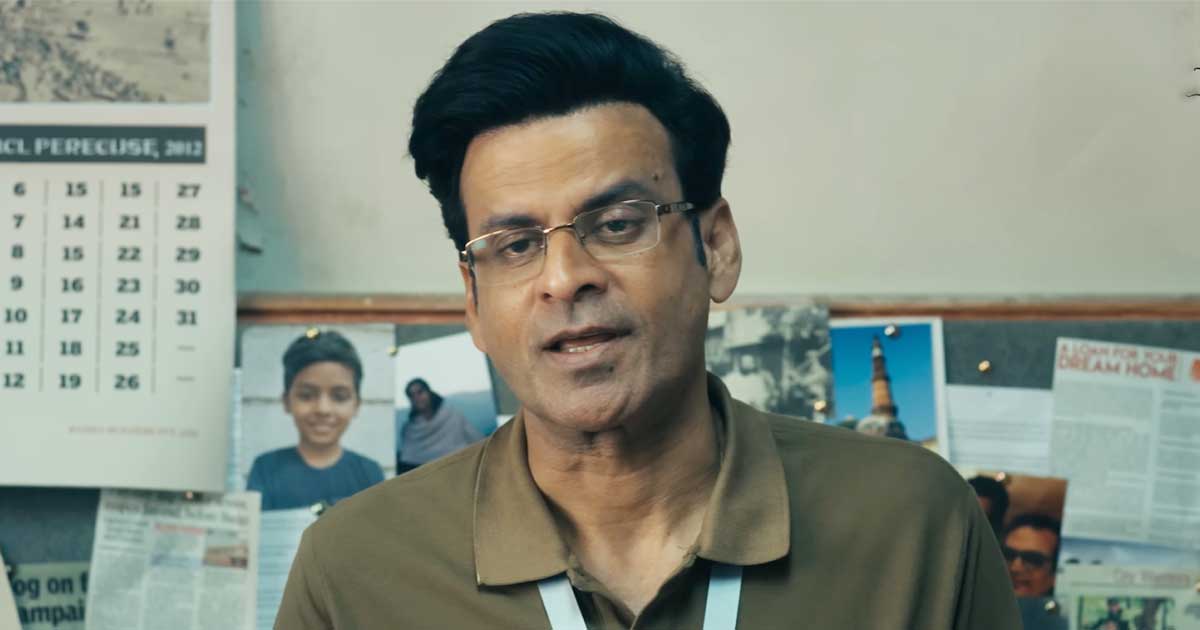The Labour leader announced that his party aims to tackle child health head-on, with an action plan including supervised tooth-brushing for three to five-year-olds in schools.
Starmer claims children are “probably the biggest casualty” of the Tories’ sticking-plaster approach to politics over the past 14 years, adding that, if the government were a parent, they could be charged with neglect.
Writing for the Guardian, he added: “More children are becoming unhealthy, with two in every five leaving primary school overweight. But most damning of all, the number one reason for young children being admitted to hospital is to extract rotten teeth – because it is so difficult to get NHS dental treatment before tooth decay sets in.”
The announcement has received a mixed reception – it has drawn criticism from teaching unions, with leaders saying it is “not the role of teachers to be making sure children brush their teeth each day”.
It has also been praised by The British Dental Association. Chairman Eddie Crouch described supervised brushing as a “tried and tested policy, which pays for itself”.
“It’s a scandal that decay remains the number one reason for hospital admissions among young children. Prevention isn’t just better than cure, it’s cheaper, too.”
Starmer acknowledged that critics will accuse his party of “nanny state” politics, with plans such as supervised brushing, but defended their importance.
“I don’t think you can simply say, ‘Well, that’s none of our business’. It is our business because it’s the health of the child. But also, once you’ve got a child admitted to hospital, it’s costing the taxpayer a fortune,” he added.
“I’m not saying it’s the state and not parents, it’s got to be both, but just to sort of walk on the other side and say, ‘It’s not our responsibility, who cares if six-to-10-year-olds are going into hospital with tooth decay?’ I’m up for that fight.”
He said that critics of state intervention had to explain how they wanted to cut taxes because health bills “will never come down” if children are in hospital with tooth problems.
Starmer believes tackling this epidemic is just the first step needed to improve the health of British children.
Other features of Labour’s plan to solve the child health crisis include a 9 pm watershed for junk-food ads, banning vape adverts aimed at children, a free breakfast club in every primary school, better access to mental health support, cutting waiting times for hospital care for children, and guaranteeing more dental appointments.
According to Labour analysis, British children are falling behind their international counterparts when it comes to poor health outcomes.
The height of the average British five-year-old girl has fallen by 27 places in the Organisation for Economic Co-operation and Development (OECD) rankings over the past three decades, and boys by 33 places, while the UK is estimated to have more obese children than France, Germany, Poland and Slovenia. Added to this, about 250,000 British children are now on mental-health waiting lists.
Under Labour’s plans, which Starmer said were fully costed, there will be mental-health support provided in every school, community mental-health hubs aimed at under-25s and 8,500 new mental-health professionals recruited.
Geoff Barton, general secretary of the Association of School and College Leaders, welcomed the announcement, but also expressed caution: “All of this needs to be properly resourced – with sufficient staffing and funding to ensure that these pledges become reality, and a sensible delineation of expectations on schools, healthcare and parents.”
Paul Whiteman, general secretary of school leaders’ union NAHT, said: “Labour’s focus on and proposals for greater mental-health support are welcome, but it must be recognised that significant investment will be required to rebuild the health and support services that have been so eroded over the last decade.”
With a general election due to be held later this year, Starmer and Prime Minister Rishi Sunak have effectively kicked off campaigning.
Labour has also pledged to end business rate relief for private schools and charge an increased VAT price, currently measuring at 20 per cent.
Meanwhile, Sunak said he wants to “keep going, managing the economy well and cutting people’s taxes”.
“But I also want to keep tackling illegal migration,” he added, referring to another of his party’s key pledges.







